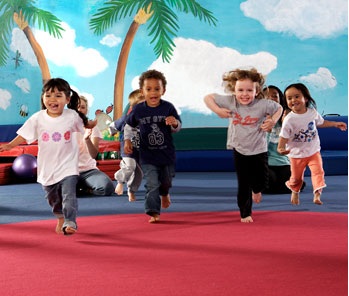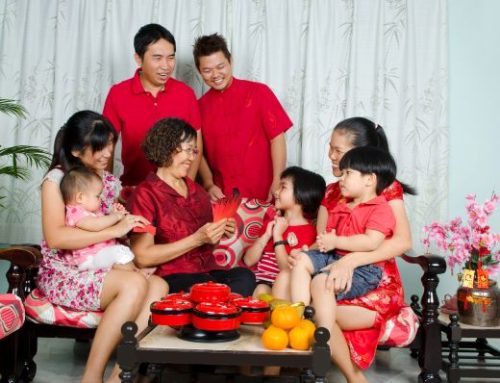Every child is unique!
Many many years ago before I had kids, I always thought that children’s characters were “molded” and “shaped” according to our family values and environment. I thought it was how they were taught and guided etc.
Little did I realise that every child is born with their own innate characters, their strengths, and their fondness of things that are unique to them, and only them. Every child has their unique taste buds, with their unique likes and dislikes.
They have different needs, aspirations, and have different abilities and different temperaments. Some are born to lead, some are born to guide and teach, while some are born to care, love and nurture… thus their needs and maturity varies.
For example, my son would be happy to lie around the floor playing with his toys or anything he could get hold, whereas my daughter preferred to be carried around so she could view the “world” from above…
How does a child learn?
A child’s learning development is nurtured through unconditional love, hands-on daily interactions, patience, attunement and, most of all, fun.
As we already know, every child is unique; they have different characters and different ways of learning and interpreting things. Therefore they will learn at a different pace, as well as differently, in all areas of development, i.e. whether you have a child who is more visual or more verbal or more physical.
So why is it important to understand about their uniqueness?
Please think about this example. If your child is keen on sports and you are trying to guide him in his 2 times multiplication, would you explain through the example of “if I put 2 apples in a basket, and I have 2 baskets, how many apples would there be in two baskets?”
Though this is from the two times tables, it would not make sense to him/her. Apples and baskets???
I know baskets and apples because we always carried baskets when doing our shopping when I was growing up; but here in Australia, we use trolleys and plastic bags … so the basket and apples concept did not connect with my son.
However, he was a keen basketballer from young, and my husband thought of the “basketball” concept. He asked my son: “if one ball through the hoop is 2 points, how many points would that be if you were to shoot 2 balls?”…
Without blinking an eye lid, he said 4 points…Oooolah! He had grasped the multiplication concept through the “basketball” concept! He could learn through a sporting analogy.
If your other child is a visual person, where he or she needs to see things visually in their mind before answering you, be patient with them. Allow them the space to visualise and explain through their own analysis.
Alternatively, if your child is a more sensitive child, they tend to feel things more deeply. So you need to be more careful with your words as they get hurt more easily than anyone else.
When you appreciate how your child learns or expresses their views through their own distinctive ways, there will be less of a power struggle and more connections and empowering.
Speaking the language of your child applies to everything in life when dealing with your children, whether they are in preschool, primary or high schools.
In order to speak their language, it needs to be at the level they can understand and comprehend, taking into account what their characters are etc.
So let’s do an exercise. Take some time to think about your children and make a mental note or journal them down on a piece of paper:
- What are their unique characters?
- What do they like?
- How does each child express their needs?
- What do they like?
- What are their strong traits?
After this exercise, you will have a better understanding of your children, and so be able to communicate and share more joy and fun.
Have a connected day with your children!







Leave A Comment